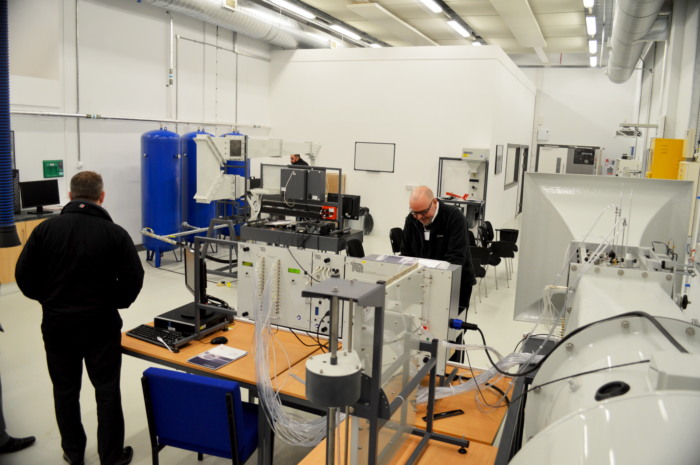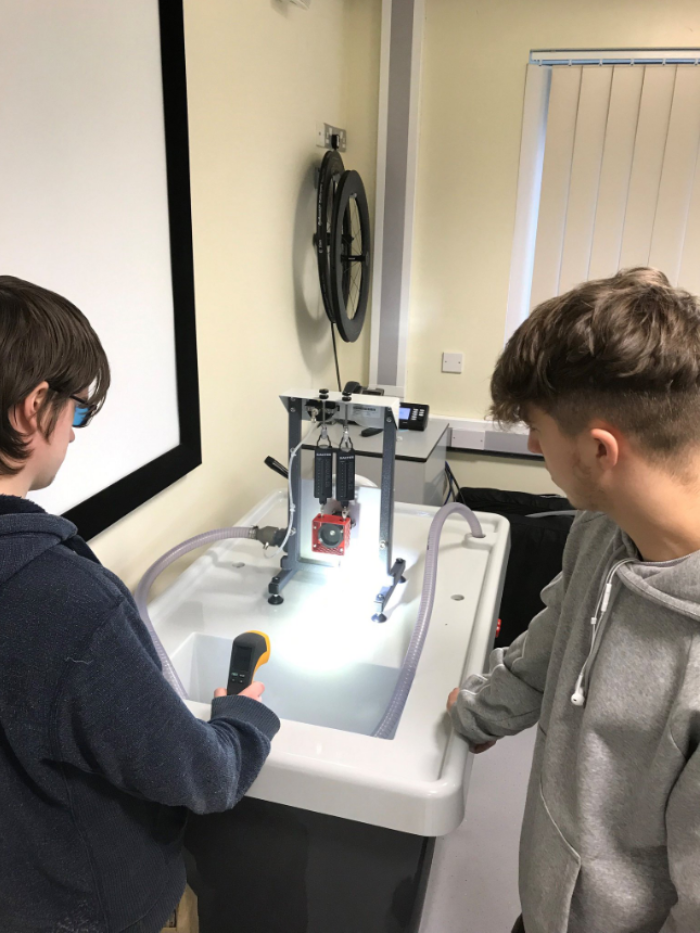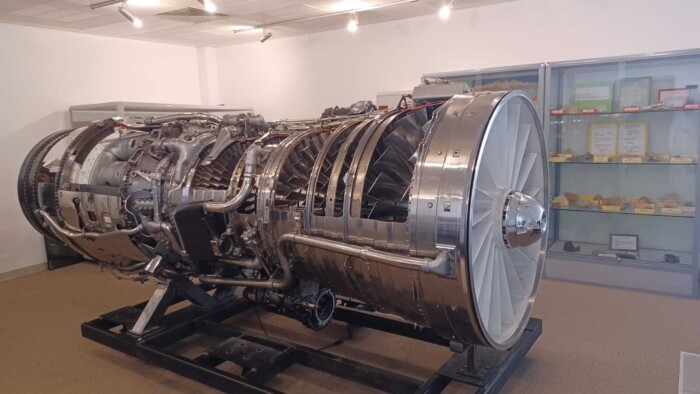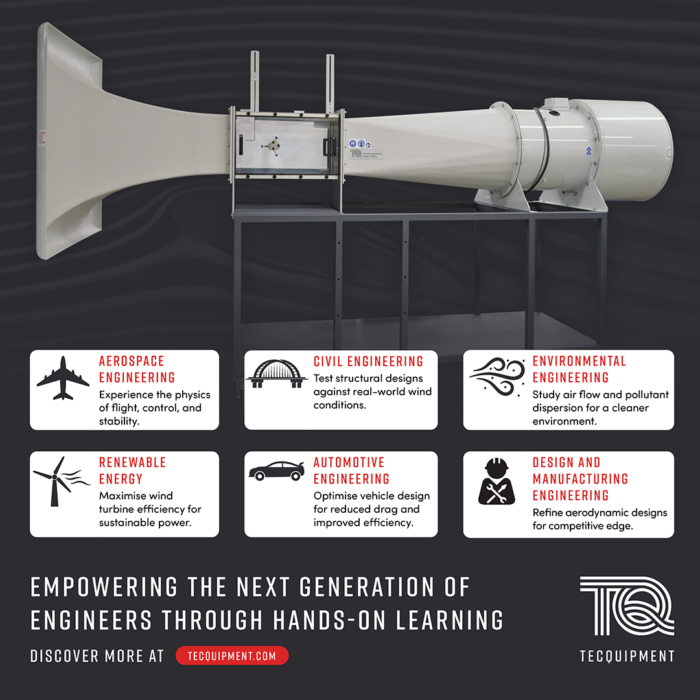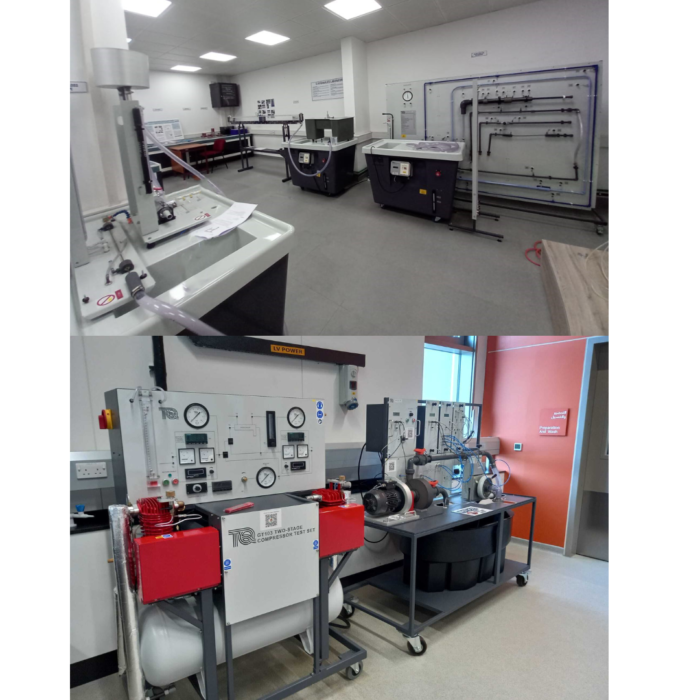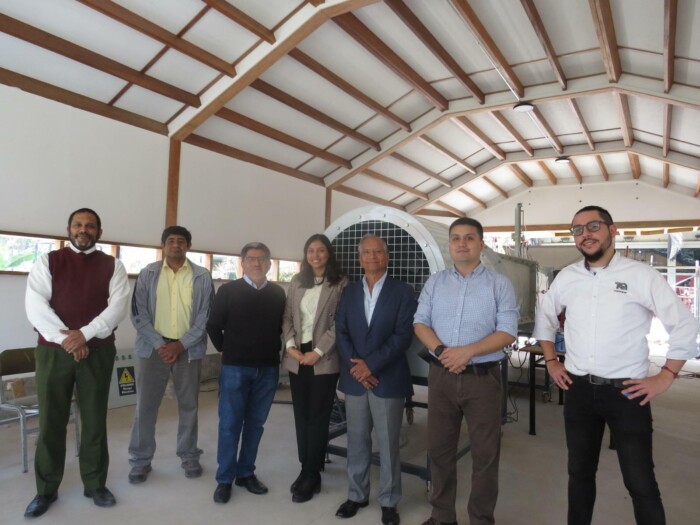Here, we explore the primary qualifications shaping engineering education in the UK, highlighting their unique features and opportunities for students and their relevance to modern industry demands.
BTEC Nationals in Engineering
What are BTEC Nationals?
BTEC Nationals are vocational Level 3 qualifications that serve as an alternative to A Levels, focusing on practical skills and continuous assessment. They are widely accepted for entry into HNCs, HNDs, and university engineering courses.
Key Features of BTECs
- Practical Projects: Focus on applied engineering tasks across electrical, mechanical and systems areas.
- Modular Assessment: Less emphasis on final exams and more on real-world assignments.
- University and Career Pathways: Accepted by many universities and valued by employers.
The Impact of BTECs on Engineering Careers
BTEC qualifications prepare students for both immediate employment and further study. They develop strong technical literacy and problem-solving skills—fundamental attributes for technician roles and engineering apprenticeships.
T Level
What is a T Level?
T Levels are two-year technical qualifications introduced in England as a high-quality alternative to A Levels, developed in collaboration with employers. Specifically designed for 16–18-year-olds, T Levels in Engineering and Manufacturing provide a blend of classroom-based technical learning and extended industry placements, typically lasting a minimum of 45 days.
T Levels include specialisms such as:
- Design and Development for Engineering and Manufacturing
- Maintenance, Installation and Repair
- Manufacturing Processing and Control
These qualifications are designed to ensure students graduate with both the theoretical knowledge and real-world experience needed to transition smoothly into skilled employment, an apprenticeship, or further study.
Key Features of T Levels
- Industry-Created Curriculum: Designed with employers to reflect current and future sector demands.
- Substantial Work Placements: Students gain practical experience in real engineering environments.
- UCAS Points: T Levels carry the same UCAS points as A Levels, supporting university progression.
- Focus on Technical Mastery: Develops specialist knowledge through practical engineering projects.
The Impact of T Levels on Engineering Careers
T Levels are redefining technical education by bridging the gap between classroom learning and the world of work. Students emerge job-ready, with tangible experience that aligns directly with employer needs. For industry, T Levels offer a pipeline of young talent trained in contemporary practices—particularly valuable in sectors experiencing skills shortages. For students, T Levels provide a head-start into engineering apprenticeships, technician roles or degree programmes.
Higher National Certificates (HNCs)
What is an HNC?
A Higher National Certificate (HNC) is typically a one-year vocational qualification designed to provide a solid foundation in engineering principles and practices. Awarded by colleges and universities, HNCs serve as an entry point for individuals seeking practical skills and immediate employment opportunities. They are often studied part-time by those in employment or used as a stepping-stone into higher education.
Key Features of HNCs
- Foundational Knowledge: HNCs introduce core engineering concepts, equipping students with essential technical understanding.
- Practical Orientation: A strong emphasis is placed on real-world applications, with laboratory work, projects, and simulations.
- Employer-Focused Learning: Tailored to meet local and national industry needs.
- Accessibility: HNCs are ideal for individuals entering higher education or professionals looking to enhance their skill set without committing to a full degree.
- Pathway to Progression: HNCs can lead directly to employment or further study, such as transitioning to a Higher National Diploma (HND).
The Impact of HNCs on Engineering Careers
An HNC is a valuable entry point into the engineering sector. It equips learners with the technical language, skills and confidence needed to contribute meaningfully in the workplace. Many professionals begin their careers with an HNC before progressing further, making it a powerful tool for long-term career mobility.
Higher National Diploma (HND)
What is an HND?
A Higher National Diploma (HND) is a vocational qualification equivalent to the first two years of a degree that provides students with a robust understanding of a specific engineering discipline, combined with practical skills directly applicable to the workplace. Typically awarded after two years of full-time study, HNDs are offered by colleges and universities and are recognised for their focus on industry standards and hands-on learning. Commonly offered in subjects such as mechanical, civil, or electrical engineering, with a strong emphasis on practical skills and industry relevance, HNDs are designed to equip students with the essential competencies needed for a successful engineering career. They are often pursued by students aiming to enter employment quickly or by those seeking a cost-effective pathway into a full honours’ degree.
Key Features of HNDs
- Industry Relevance: HNDs are crafted in collaboration with industry experts to ensure that the curriculum aligns with current market demands. This ensures that graduates are well-prepared to meet the needs of employers and excel in their roles.
- Practical Application: Unlike traditional academic programmes, HNDs place a significant emphasis on practical experience. Students engage in real-world projects, laboratory work, and hands-on activities that simulate actual engineering challenges.
- Flexible Learning Paths: HNDs offer a flexible approach to education, with options for full-time, part-time, and even online study. This flexibility allows students to balance their education with work or other commitments.
- Career Advancement: For those already in the workforce, an HND can enhance career prospects by providing specialised knowledge and skills. It includes modules focused on project management, systems design and manufacturing and opens pathways to further education, including degree programmes or professional certifications.
The Impact of HNDs on Engineering Careers
The practical nature of HNDs ensures that graduates are not only academically proficient but also capable of applying their knowledge effectively in a professional setting. This practical focus is particularly valuable in the engineering sector, where problem-solving and hands-on skills are crucial.
HND graduates are highly valued by employers for their hands-on capabilities. These qualifications often lead directly to technician, design or junior engineering roles. For those already employed in the industry, a HND provides a platform for upskilling and career progression. Many graduates choose to ‘top up’ their HND into a BEng, giving them the academic and practical experience needed for professional registration and advancement.
Apprenticeships and Professional Certifications
What Are Apprenticeships and Professional Certifications?
Apprenticeships combine paid employment and structured work-based learning with academic study, offering a practical route into engineering professions. Nationally recognised qualifications and professional certifications, awarded by organisations such as the Engineering Council or IET, validate skills and ensure adherence to industry standards.
Key Features
- Practical Training: Apprenticeships provide on-the-job experience alongside formal education.
- Employer Engagement: Delivered in partnership with further/higher education and industry provides a strong collaboration with industry ensures relevant and tailored learning.
- Recognition: Certifications like EngTech, IEng, or CEng elevate career profiles and enhance employability by demonstrating proficiency and commitment to professional development.
- Career Progression: Apprenticeships can lead all the way up to degree-level study and chartership.
- Career Versatility: These pathways suit both entry-level and experienced professionals aiming to specialise or upskill.
The Impact on Engineering Careers
Apprenticeships are a vital route into engineering careers for school leavers and mature learners alike. They provide immediate employment, structured development, and clear progression paths. Professional registration boosts credibility, facilitates career moves, and aligns engineers with industry best practice.
Foundation Degrees
What is a Foundation Degree?
A Foundation Degree is a two-year qualification that combines academic study with workplace learning and are usually completed over two years. They are ideal for those who want to develop practical skills and knowledge tailored to industry needs, particularly in sectors such as renewable energy, mechatronics or automotive engineering. These programmes are developed in partnership with employers, making them highly relevant to specific industry needs.
Key Features of Foundation Degrees
- Work-Integrated Learning: Combines technical modules with workplace projects or internships allowing students to gain hands-on experience through placements, internships, or employer-led projects.
- Specialisation: Focused on particular sectors, such as automotive engineering or renewable energy and developed in close collaboration with industry.
- Progression Opportunities: Foundation Degrees often allow students to advance to the final year of a Bachelor’s degree.
- Flexibility: Designed for part-time or full-time study, they cater to those balancing education with employment.
The Impact of Foundation Degrees on Engineering Careers
These qualifications support students aiming to enter the workforce quickly with relevant skills. Foundation Degrees foster confidence and competence, often leading to technician and supervisor roles. They are particularly effective at developing talent within organisations, making them popular among employers looking to upskill their workforce.
Bachelor’s Degrees (BEng and MEng)
What are BEng and MEng Degrees?
Bachelor’s degrees in engineering, including Bachelor of Engineering (BEng) and Master of Engineering (MEng), are academic qualifications that blend theoretical knowledge with practical experience. These degrees offer an in-depth combination of theoretical instruction, practical application, and often research experience. The BEng typically lasts three years (or four in Scotland), while the integrated MEng is a four-year qualification (five in Scotland) that prepares students for Chartered Engineer (CEng) status. These qualifications prepare students for roles requiring in-depth technical expertise.
Key Features of BEng and MEng Degrees
- Comprehensive Curriculum: Covers a broad range of subjects, mechanical, electrical, civil, renewables, advanced manufacturing, chemical and other engineering disciplines.
- Accreditation: Many programmes are accredited by professional bodies such as the Institution of Mechanical Engineers (IMechE) or the Institution of Civil Engineers (ICE), paving the way for Chartered Engineer (CEng) status.
- Research and Innovation: Students engage in cutting-edge projects, offering students a chance to innovate and demonstrate their skills and develop solutions for contemporary challenges.
- Global Recognition: UK engineering degrees are highly regarded worldwide, opening doors to international career opportunities.
The Impact of Bachelor’s Degrees on Engineering Careers
Graduates of BEng and MEng degrees are well-positioned for high-responsibility roles in design, research, manufacturing, and leadership. These qualifications open doors to professional recognition, including Incorporated Engineer (IEng) and Chartered Engineer (CEng) status, and are often prerequisites for roles in international engineering firms and research-intensive environments.
Postgraduate Qualifications (MSc and PhD)
What are MSc and PhD Degrees?
Postgraduate qualifications in engineering, such as a Master of Science (MSc) or Doctor of Philosophy (PhD), are advanced academic programmes that deepen expertise in specialised fields or focus on research and innovation. MSc degrees typically provide focused study in areas like robotics, structural integrity, or environmental engineering. PhDs involve original research that contributes new knowledge to the field. MSc degrees typically take 1-2 years, while PhDs require 3-4 years of intensive study.
Key Features of Postgraduate Qualifications
- Advanced Knowledge: MSc programmes provide specialised training in areas such as artificial intelligence, structural engineering, or energy systems.
- Research Excellence: PhD students contribute to ground-breaking research, shaping the future of engineering.
- Professional Development: These qualifications enhance career prospects, particularly for roles in academia, consultancy, and leadership.
- Global Impact: UK postgraduate degrees attract international students, fostering a diverse learning environment and global collaborations.
The Impact of Postgraduate Study on Engineering Careers
Postgraduate qualifications are increasingly valued by employers, particularly in high-tech and innovation-led sectors. MSc graduates often progress to technical consultancy, design leadership, or policy roles. PhD holders may pursue academic careers or lead R&D in industry, driving forward innovation in engineering disciplines.
Conclusion
The UK’s higher education system offers a rich tapestry of engineering qualifications, each tailored to different career stages and aspirations. From gaining foundational knowledge at T Levels to the research depth of a PhD, these programmes are designed to meet the diverse needs of the modern engineering workforce. For aspiring engineers, these pathways represent opportunities to gain the skills, knowledge, and credentials needed to thrive in a global and evolving sector. These pathways also provide multiple entry points and progression routes, ensuring that aspiring engineers—regardless of background—can find a route that suits their ambition.
At TecQuipment, we believe in the transformative power of hands-on learning in education. Our mission is to support these qualifications with high-quality teaching equipment that connects theory to practice, ensuring every student can engage deeply with engineering concepts and graduate ready to tackle real-world challenges.
Find out more about our products here: https://online.flippingbook.com/view/710797451/
Read our other article on the power of hands on learning: https://www.tecquipment.com/knowledge/the-power-of-hands-on-learning-in-engineering-education
Together, we can unlock the full potential of the next generation of engineers






